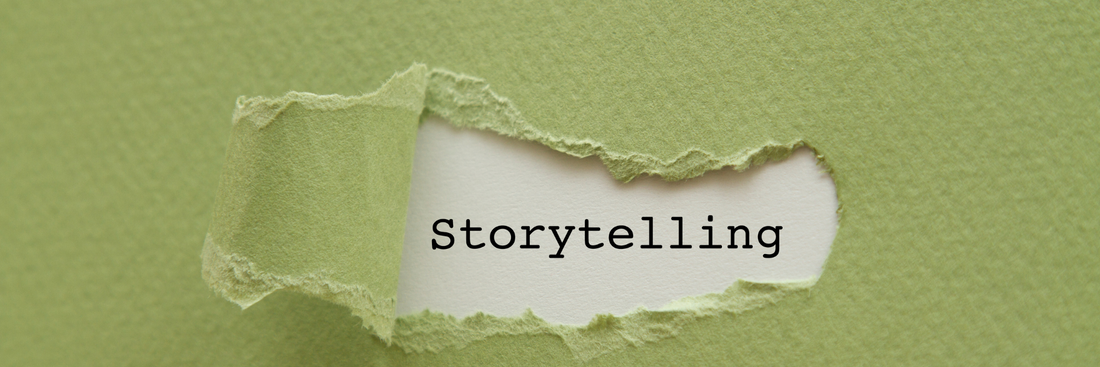Packaging today is more than just a protective shell it’s a dynamic brand touchpoint that tells a story. Storytelling packaging bridges brand identity and consumer emotion, delivering a tactile narrative that builds loyalty. By combining brand storytelling packaging and emotional packaging, companies can elevate how customers perceive and connect with a product.
Why this matters: Packaging that speaks to values, evokes feelings, or narrates a purpose stands out on crowded shelves and resonates with modern consumers.
-
Food Packaging Marketing – How to Turn Packaging into a Storytelling & Sales Conversion Tool
-
What is Brand Packaging? Creative Brand Packaging Ideas for Small Businesses
-
Guide to Creating Your Best Product Packaging Design
Why Storytelling Packaging Is a Leading Trend

Packaging Design Trends Today
- Minimalism infused with brand personality, simple visuals, powerful messages
- Sustainable materials, eco-friendly and compostable options
- Interactive packaging, QR codes, AR experiences that extend the brand narrative
- Premium brand packaging, finishes like soft-touch, embossing, or magnetic closures to create a high-end unboxing experience
Modern Consumer Psychology
Today’s consumers seek meaning not just products. They want authenticity, stories, and shared values. Younger generations (Gen Z, Millennials) are particularly drawn to brands that transparently communicate their narratives through packaging.
Anatomy of Effective Storytelling Packaging

Brand Storytelling
- Define brand identity: origin, mission, founders, social impact
- Translate the narrative visually through imagery, typeface, icons so consumers feel the story before even reading text
Emotional Packaging
- Evoke feelings using color psychology, imagery, and texture
- For example, earthy tones for sustainability, warm hues for comfort
- Use emotional triggers like nostalgia or joy to create a deeper connection
User Experience in Packaging
- Design the unboxing journey: intuitive opening, surprise layers, storytelling elements
- Ensure ergonomic and functional usability packaging should feel intentional and purposeful
- Make the packaging feel premium so users perceive added value and consider it worth sharing
The Power of Sensory and Interactive Elements
- Tactile: Embossing, soft-touch finishes, recycled textures enhance sensory appeal
- Auditory: Sounds like a satisfying click or crinkle can reinforce quality and design thought
- Olfactory: Light scent infusions (e.g., lavender for skincare) deepen emotional connection
- Interactive tech: QR codes, AR content, and smart features (NFC) extend the story and engage digitally
Case Studies: Brands That Nail Storytelling Packaging

Innocent Drinks
Innocent's packaging uses a lighthearted tone and playful design to reflect their mission of "doing good." Every bottle includes quirky messages and mini-stories, turning even product labels into engaging brand narratives.
Lush
Lush tells a strong sustainability and ethical sourcing story through its packaging. With minimal or no packaging, recyclable materials, and handwritten product tags, Lush communicates authenticity and personal connection.
Apple
Apple’s packaging is the epitome of premium brand storytelling. Clean, minimal, and perfectly engineered, it reflects the brand’s promise of innovation, quality, and simplicity from the moment a customer opens the box.
Divine Chocolate
This fair-trade chocolate brand centers its story around empowerment and origin. The packaging highlights Ghanaian cocoa farmers, their cooperative ownership, and their culture, turning each product into a piece of social storytelling.
Scanwood
Danish brand Scanwood lets sustainability speak through its design. Using earthy tones, natural materials, and Scandinavian minimalism, the packaging conveys its "Made by Nature" brand ethos without needing excessive explanation.
The Storytelling Packaging Design Process

Stage 1: Brand Discovery
- Define your purpose, mission, and values.
- Identify who your target audience is and what emotions or values resonate with them.
- Map out key story pillars (origin, impact, people behind the brand).
Stage 2: Concept Development & Prototyping
- Translate your story into packaging elements: typography, colors, illustrations, materials, tone of voice.
- Design initial mockups and test with your internal team or creative partners.
- Create physical prototypes for touchpoint and functionality testing.
Stage 3: User Testing and Refinement
- Run A/B tests with real customers or focus groups.
- Gather feedback on clarity, emotional impact, usability, and alignment with brand promise.
- Iterate and adjust the packaging until the design tells a clear, compelling, and consistent story.
How Storytelling Elevates Sustainable Packaging

For eco-conscious brands, storytelling is a vital tool to go beyond the "green label."
- Material as message: Use recycled, compostable, or renewable materials as part of the sustainability narrative.
- Transparency: Share the journey of your materials where they came from, how they’re sourced, and their environmental impact.
- Purposeful minimalism: Keep the design clean, honest, and informative avoid overpromising.
- Emotional connection: Let customers feel like part of a meaningful mission when they choose your product.
Best Practices & Common Mistakes
What You Should Do
- Start with a clear story and goal every visual element should serve the narrative.
- Maintain visual and tonal consistency across your entire brand experience.
- Use storytelling to inspire trust, not manipulate emotions.
- Be bold, but never stray too far from clarity and usability.
What to Avoid
- Overloading your packaging with too much text or conflicting visuals.
- Ignoring the end user's unboxing experience.
- Relying on abstract storytelling with no tangible connection to your brand.
- Using unsustainable materials while promoting a green narrative (greenwashing).
Conclusion
Storytelling packaging is not just about aesthetics it’s about resonance. When done right, it becomes a key part of your brand’s identity, a silent salesperson on the shelf, and a powerful emotional bridge between you and your customer.
As competition grows fiercer and consumers become more value-driven, brands that invest in meaningful, well-designed packaging will stand out and stay top of mind.
Start with your story. Let your packaging tell it.




